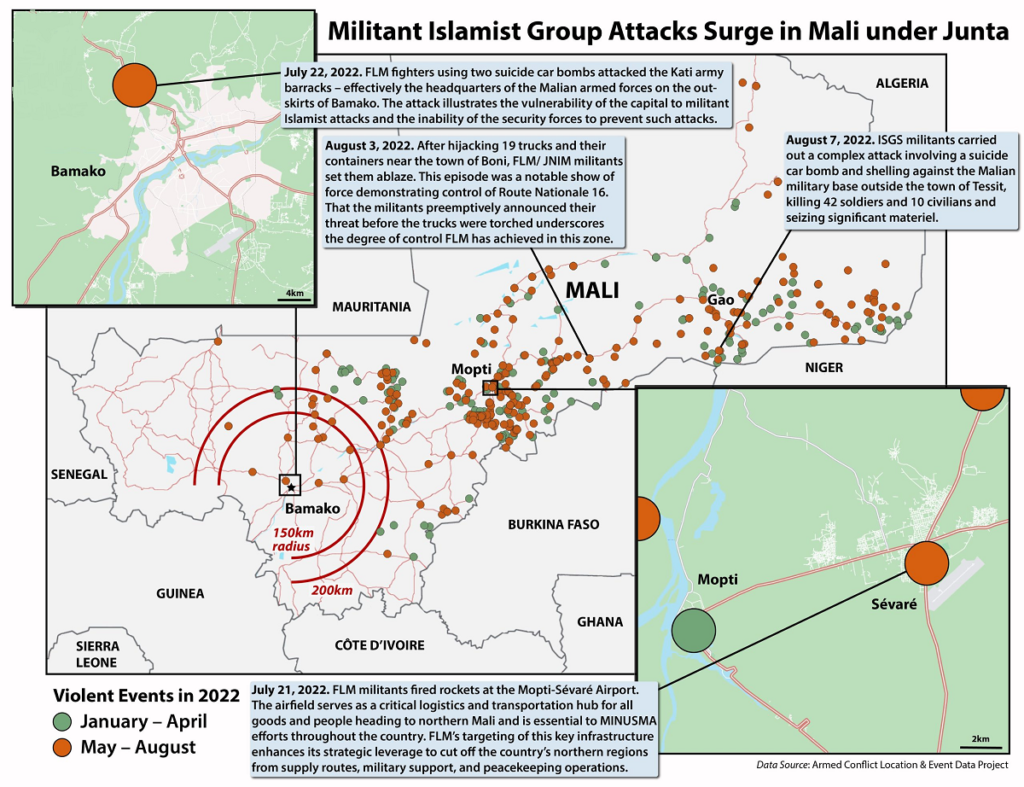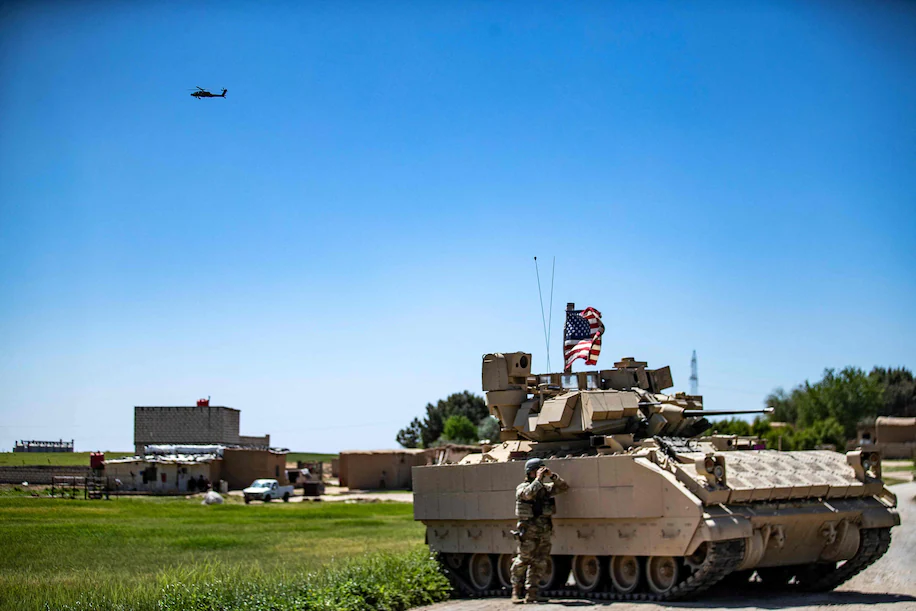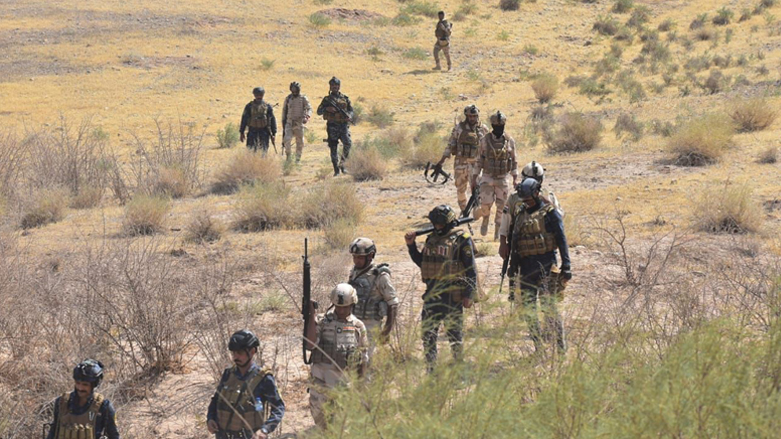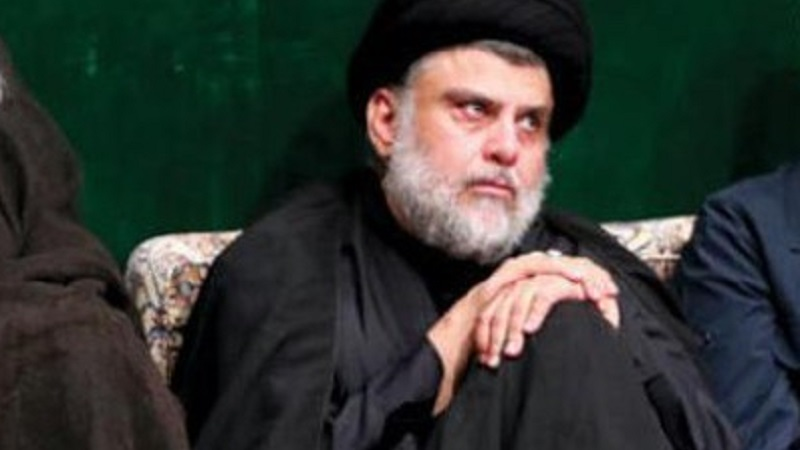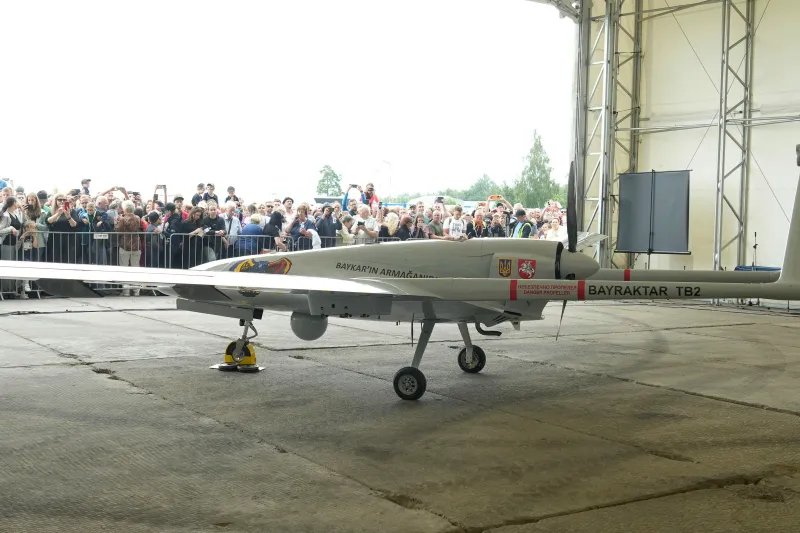У вас фронт посыпался
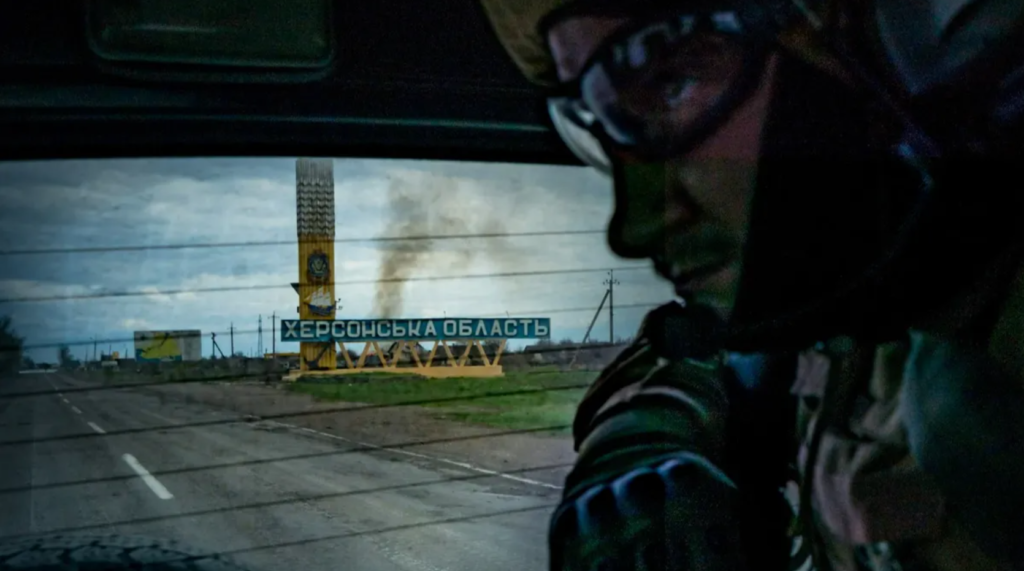
У Украины нет бронетехники для масштабного наступления на юге, но российская армия уже готова бежать
Вчера началось событие, которое давно можно было предсказать, и предсказывал его, в частности, Алексей Арестович: российский фронт под Херсоном посыпался.

